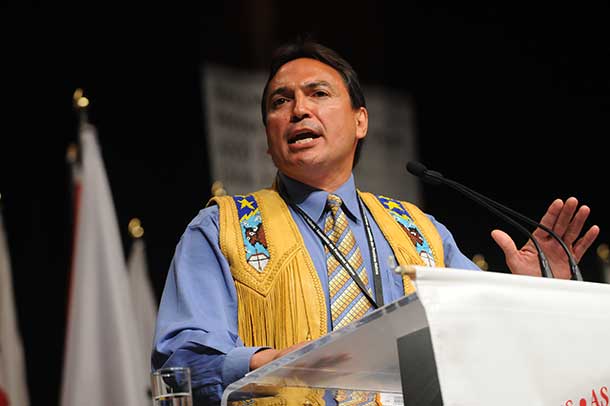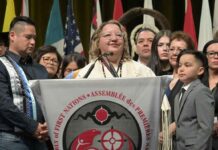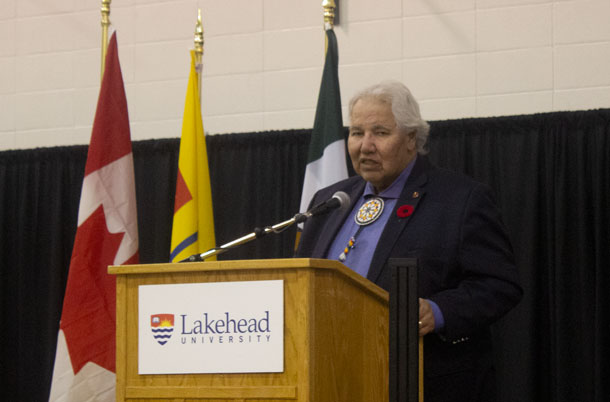OTTAWA – On National Aboriginal Diabetes Awareness Day, Assembly of First Nations (AFN) National Chief Perry Bellegarde called for increased access to culturally safe and culturally grounded approaches to diabetes prevention for First Nations.
“Today is a day to commit ourselves to ongoing change in diabetes care, education and self-management. Experience has taught us that public education campaigns that encourage First Nations to manage their health through diet and exercise work,” said AFN National Chief Perry Bellegarde. “The rate of Type 2 diabetes is still three to five times higher among First Nations than the general Canadian population, and it is increasing. We have to do better. Healthy First Nations are thriving First Nations, and it is my hope that through increased collaboration between First Nations and federal, provincial and territorial governments we will improve health and wellness together faster.”
Diabetes is one of the most common types of chronic disease affecting First Nations communities. According to the First Nations Regional Health Survey 2008/10, the prevalence rate of diabetes among First Nations adults age 25 years or older is estimated at 20.7 per cent. This is in stark contrast to a rate of about 6.8 per cent for non-Indigenous Canadians in the same age category.
National Chief Bellegarde stated: “Despite the growing awareness of the importance of diet, access to healthy food remains beyond the reach of too many First Nations people. A lack of access to traditional foods and game, poverty and the high cost of healthy store bought foods remain problems, especially in remote communities. We need a comprehensive approach to address these conditions and close the gap in the quality of life between First Nations and Canadians.”
National Aboriginal Diabetes Awareness Day is recognized annually on the first Friday in May.





